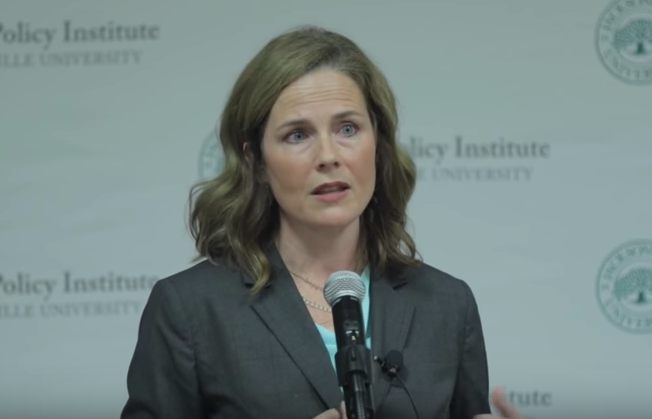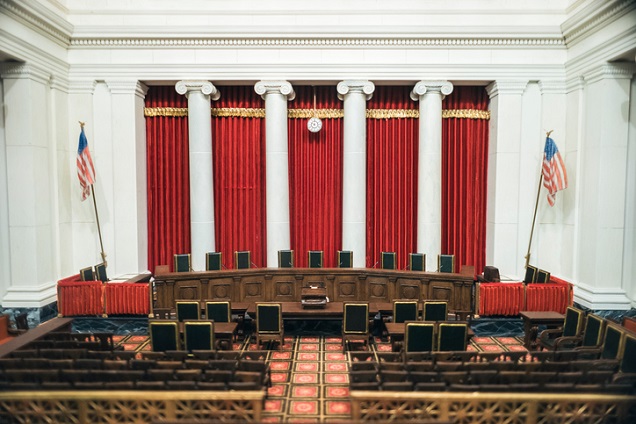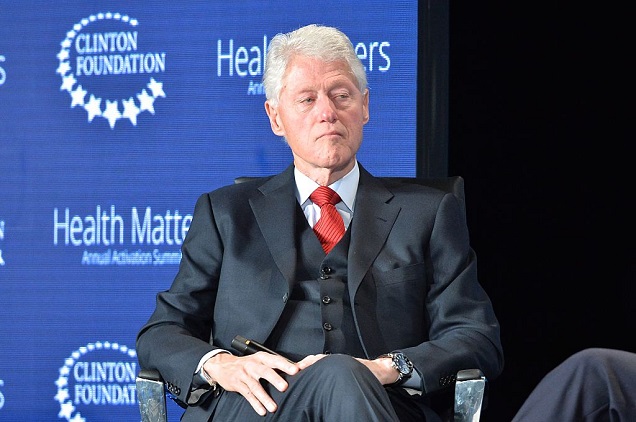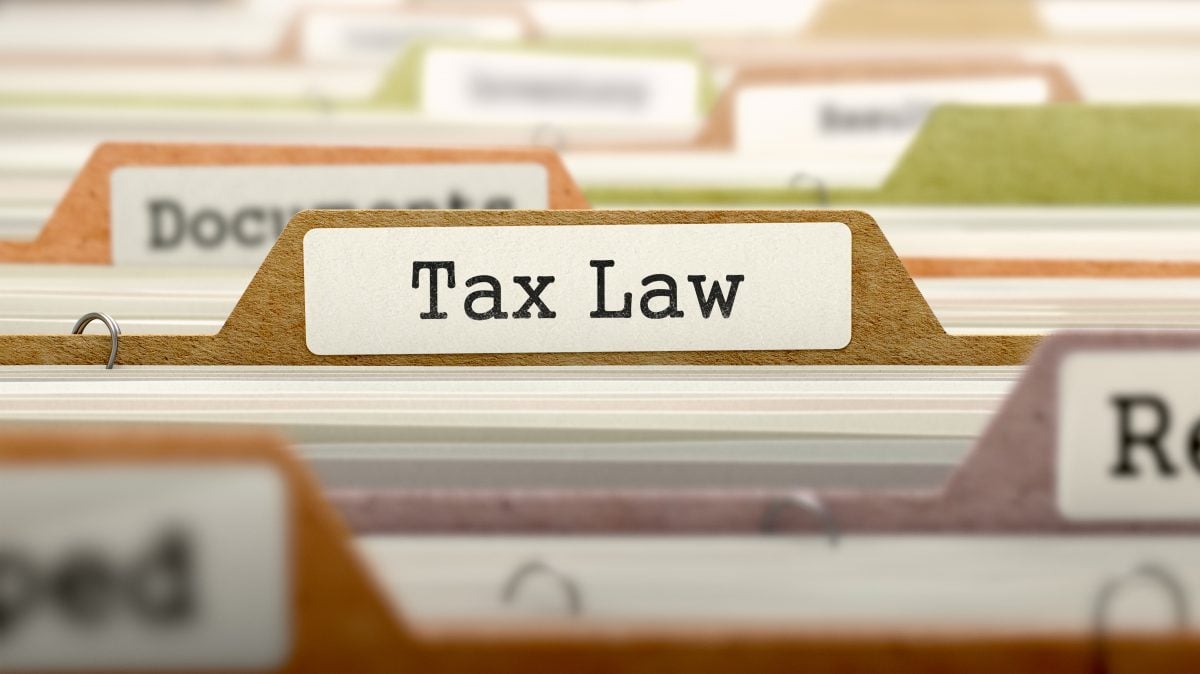
Non Sequiturs: 01.20.19
* Adam Feldman explores the possible effect on the Supreme Court of replacing Justice Ruth Bader Ginsburg with a staunch conservative -- e.g., Judge Amy Coney Barrett. [Empirical SCOTUS] * Speaking of SCOTUS, here's Ilya Somin's read of the tea leaves in Knick v. Township of Scott, an important Takings Clause case. [Volokh Conspiracy / Reason] * Stephen Embry disagrees with Joe Patrice's suggestion that junior lawyers are going extinct, but Embry acknowledges the major effect that technology is having, and will continue to have, on legal practice and employment. [TechLaw Crossroads] * Charles Glasser looks at what might have caused the political polarization of the modern media and its consumers. [Daily Caller] * The prospect of Michael Cohen testifying publicly before Congress is making some people giddy -- but it's not without its downsides, as Joel Cohen explains. [The Hill] * What can we learn from official Washington utterances about the shutdown? Here's some intel from VoxGov, via Jean O'Grady. [Dewey B Strategic] * Not all provisions of the Bill of Rights are created equal, according to Gerard Magliocca. [PrawfsBlawg] * David Berg draws lessons for trial lawyers from the genius of Joe Jamail's use of hypothetical questions. [YouTube]

















